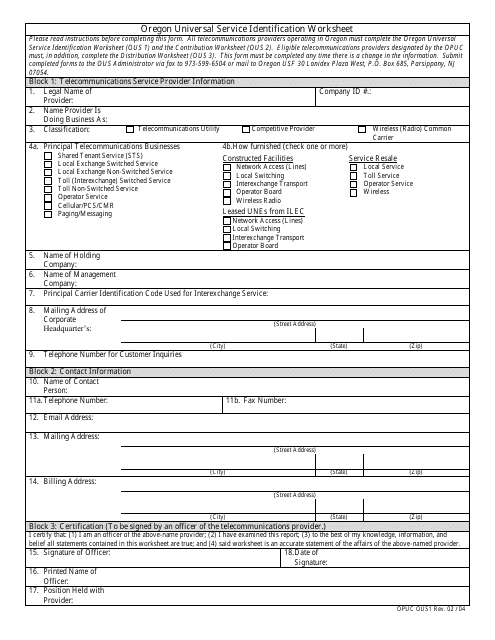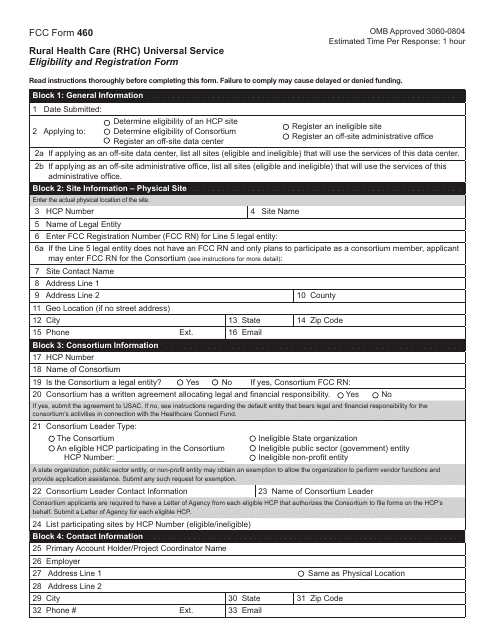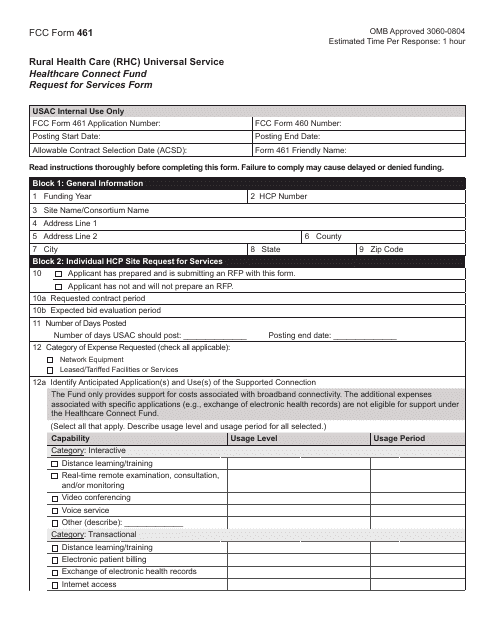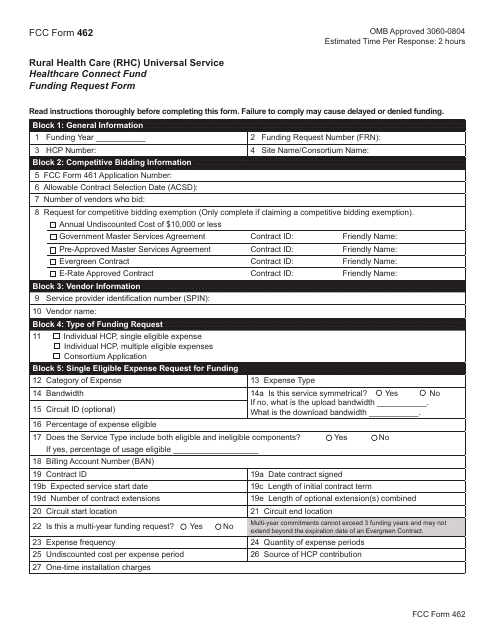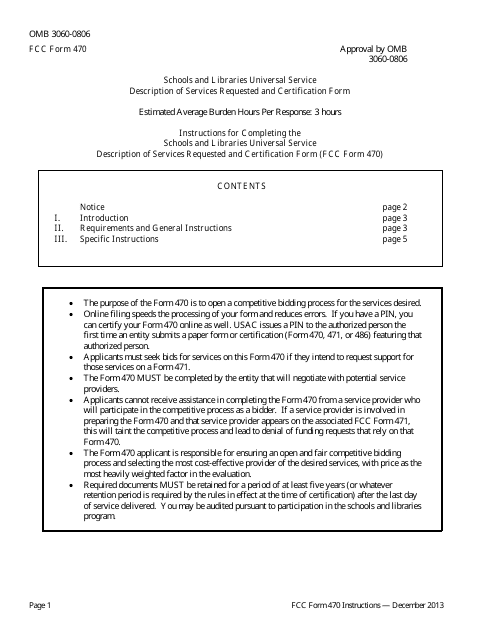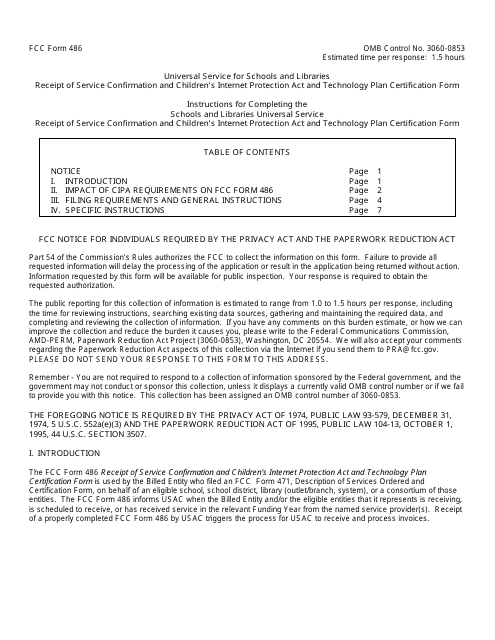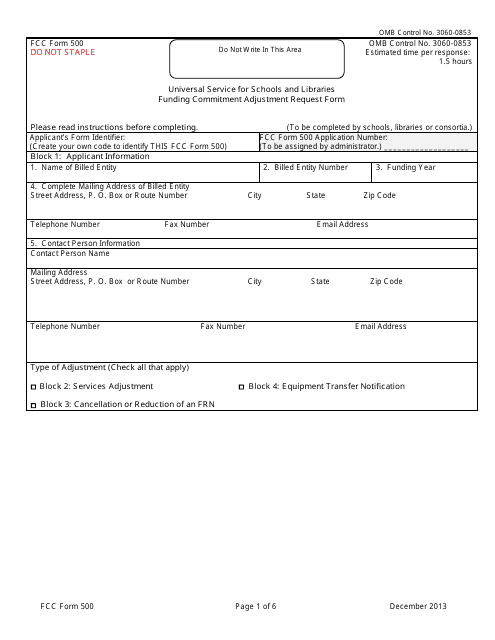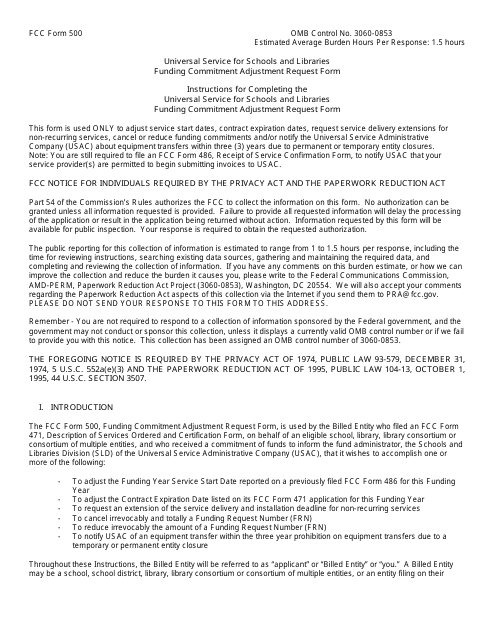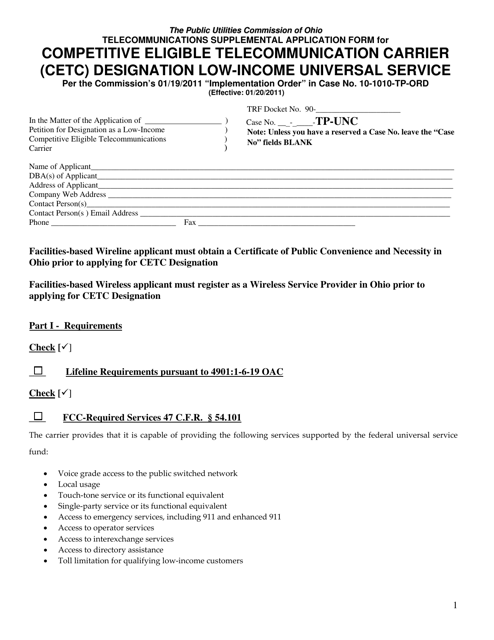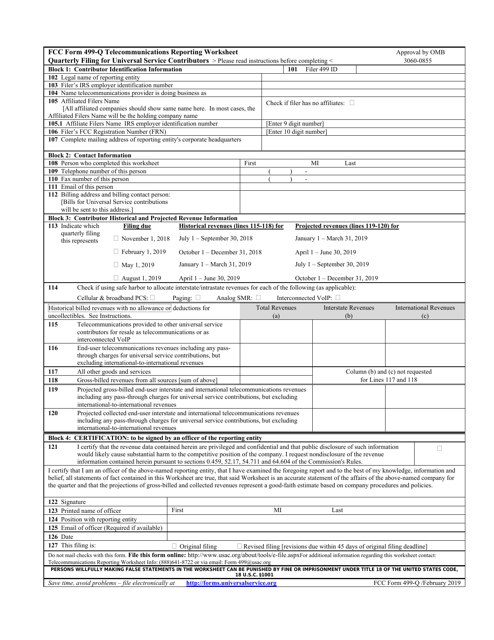Universal Service Templates
Are you in need of funding for healthcare, libraries, schools, or other vital services? Look no further than the Universal Service program. Also known as the Universal Service Fund or USF, this initiative aims to bridge the digital divide and ensure that all communities have access to essential services.
The Universal Service program offers funding opportunities for a wide range of sectors, including healthcare, education, and telecommunications. One of the key documents you'll encounter is the FCC Form 461 Rural Health Care (RHC) Universal Service Healthcare Connect Fund Request for Services Form. This form allows healthcare providers in rural areas to apply for funding to upgrade their communication infrastructure and provide better care to their patients.
If you're involved in the education sector, you'll come across the FCC Form 470 Schools and Libraries Universal Service Description of Services Requested and Certification Form. This document is used by schools and libraries to request funding for eligible services like broadband internet access and network equipment. It's an essential step in accessing the resources needed to create a modern and connected learning environment.
Once the services are implemented, schools and libraries can use the FCC Form 486 Schools and Libraries Universal Service Receipt of Service Confirmation and Children's Internet Protection Act and Technology Plan Certification. This form confirms the receipt of services and certifies compliance with regulations designed to protect children online and promote responsible internet usage.
If you need to make adjustments to your funding commitments, the FCC Form 500 Universal Service for Schools and Libraries Funding Commitment Adjustment Request Form is the document to use. This form allows you to request changes to your approved funding, ensuring that you have the resources to meet the evolving needs of your organization.
Some regions may have additional requirements and programs within the Universal Service umbrella. For example, in Ohio, there is the Competitive Eligible Telecommunication Carrier (CETC) designation for Low-Income Universal Service. This program focuses on providing affordable telecommunications services to low-income households, ensuring that even the most vulnerable communities have access to essential communication resources.
Whether you're a healthcare provider, educator, or part of any eligible organization, the Universal Service program offers crucial funding opportunities. By leveraging the resources provided through this program, you can bridge the digital divide and ensure that no community is left behind.
Documents:
10
This Form is used for identifying universal service in Oregon.
This Form is used for rural health care providers to determine their eligibility and register for the Universal Service Fund program.
This Form is used for requesting healthcare services through the Rural Health Care (RHC) Universal Service Healthcare Connect Fund.
This Form is used for requesting funding through the Rural Health Care Universal Service Healthcare Connect Fund.
This form is used for schools and libraries to request universal service and describe the services they need. It also includes a certification form.
This Form is used for requesting adjustments to funding commitments for schools and libraries under the Universal Service program administered by the Federal Communications Commission (FCC).
This Form is used for submitting a request for adjustments to funding commitments for Universal Service support provided to schools and libraries by the Federal Communications Commission (FCC). It provides instructions on how to complete the FCC Form 500, including the required documentation and process for requesting adjustments.
This document is for the designation of Competitive Eligible Telecommunication Carriers (CETCs) in Ohio for providing low-income universal service. CETCs are approved providers that offer affordable telecommunication services to eligible low-income residents in the state.

